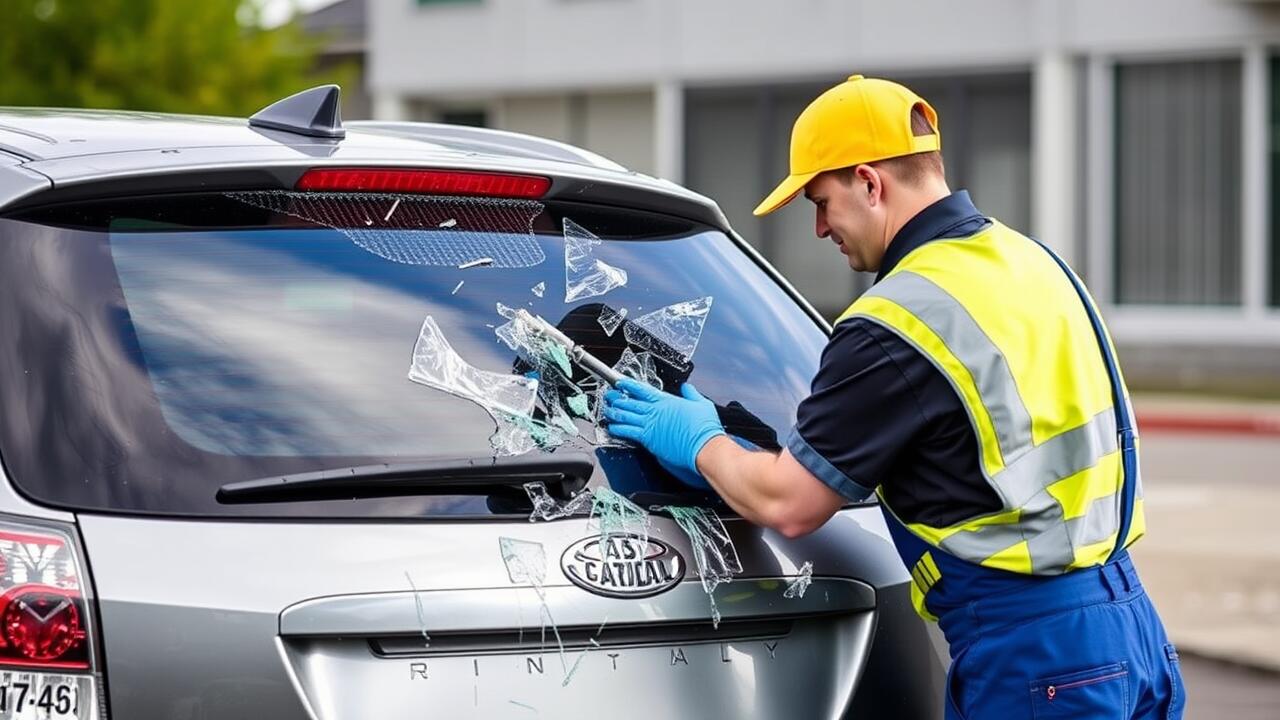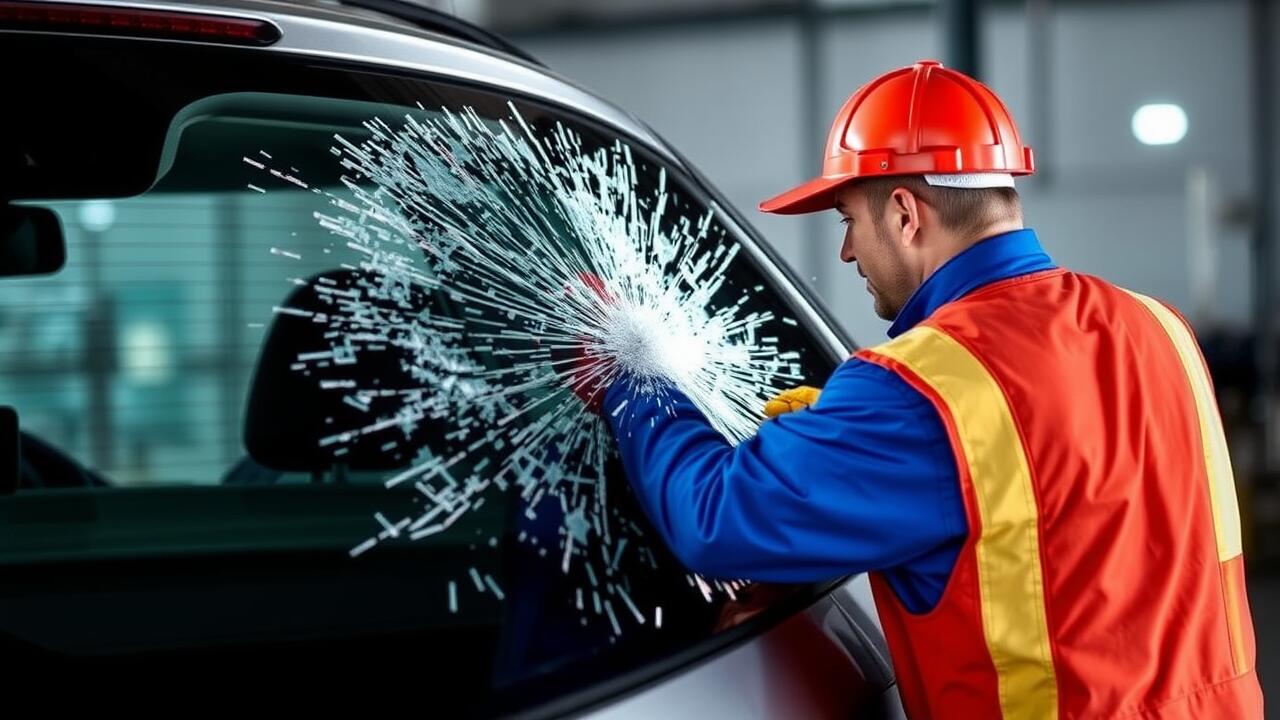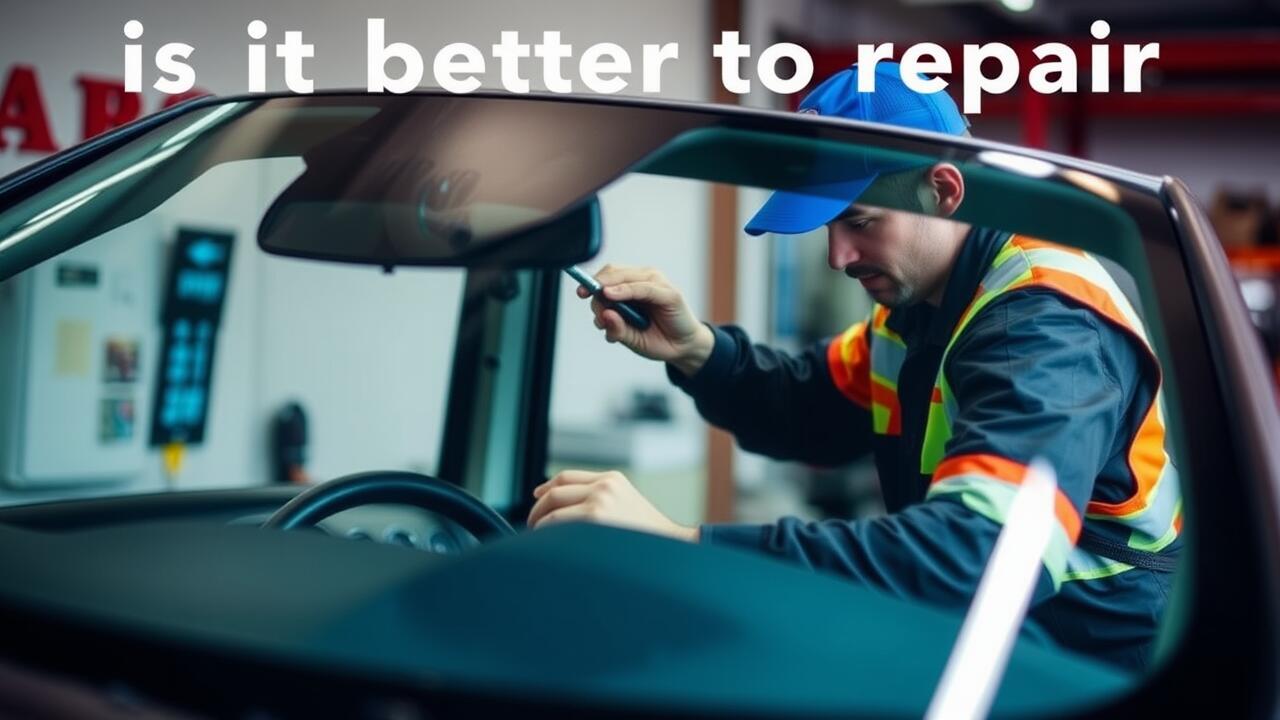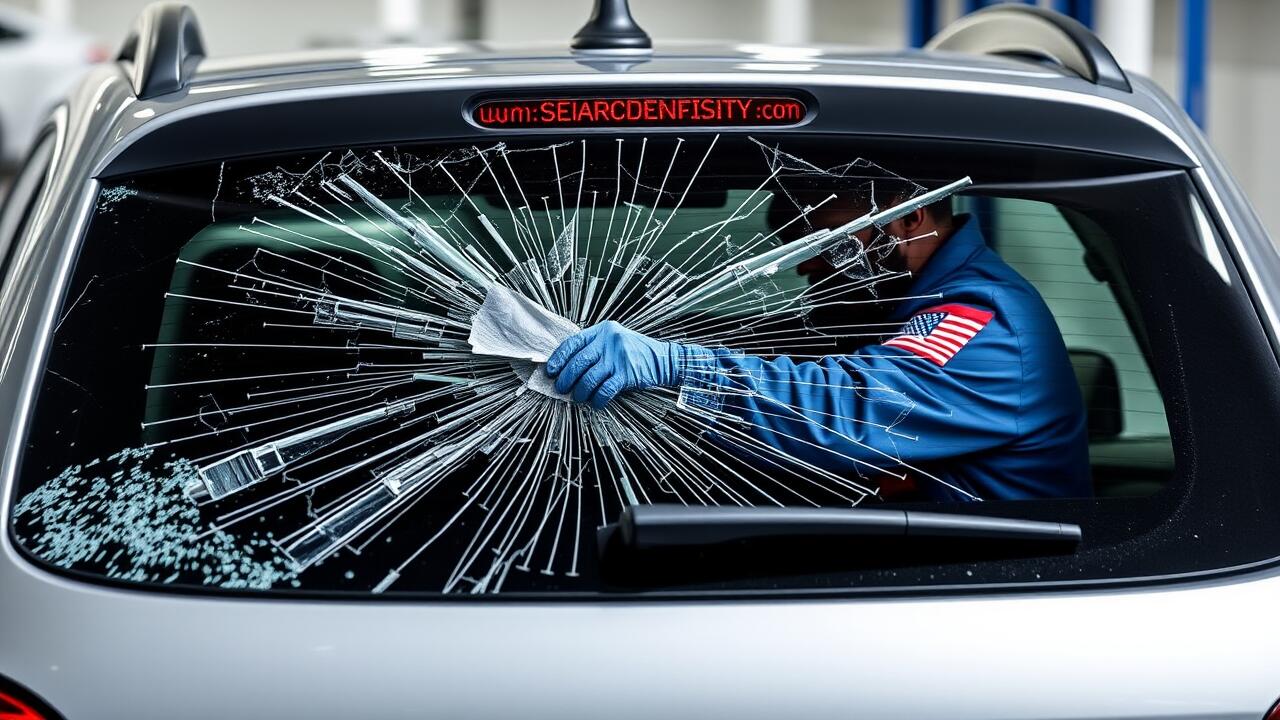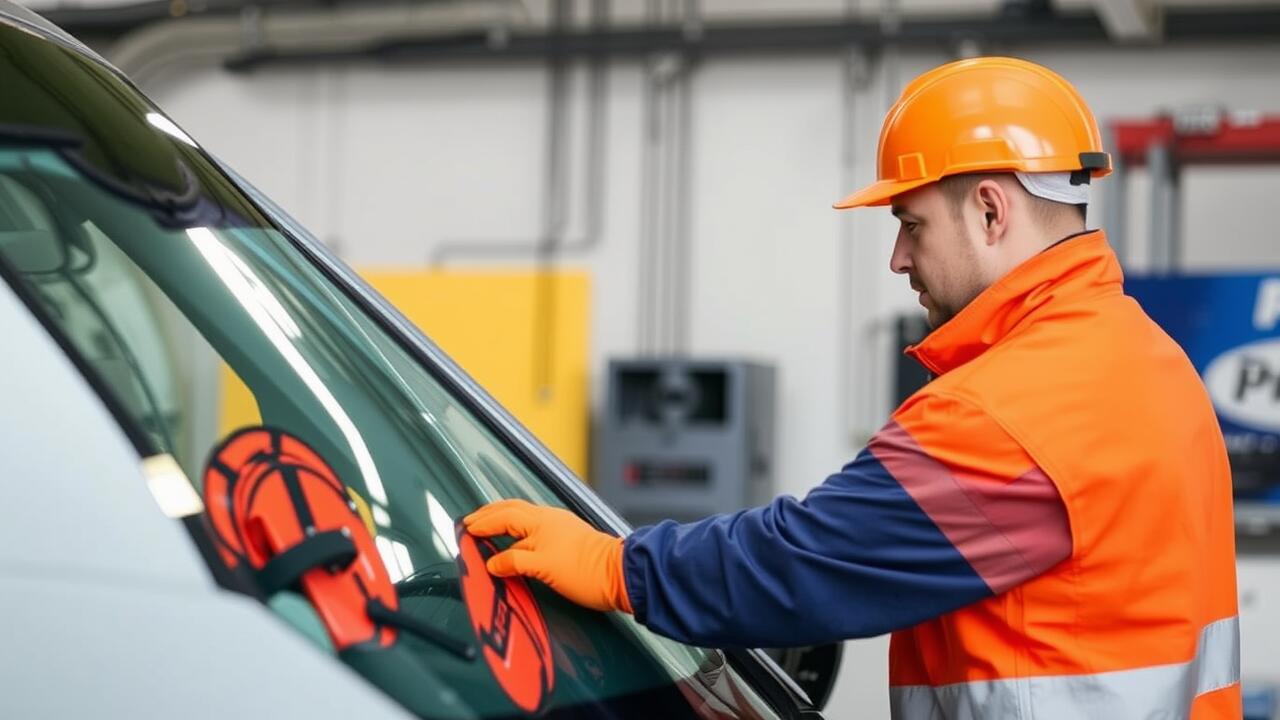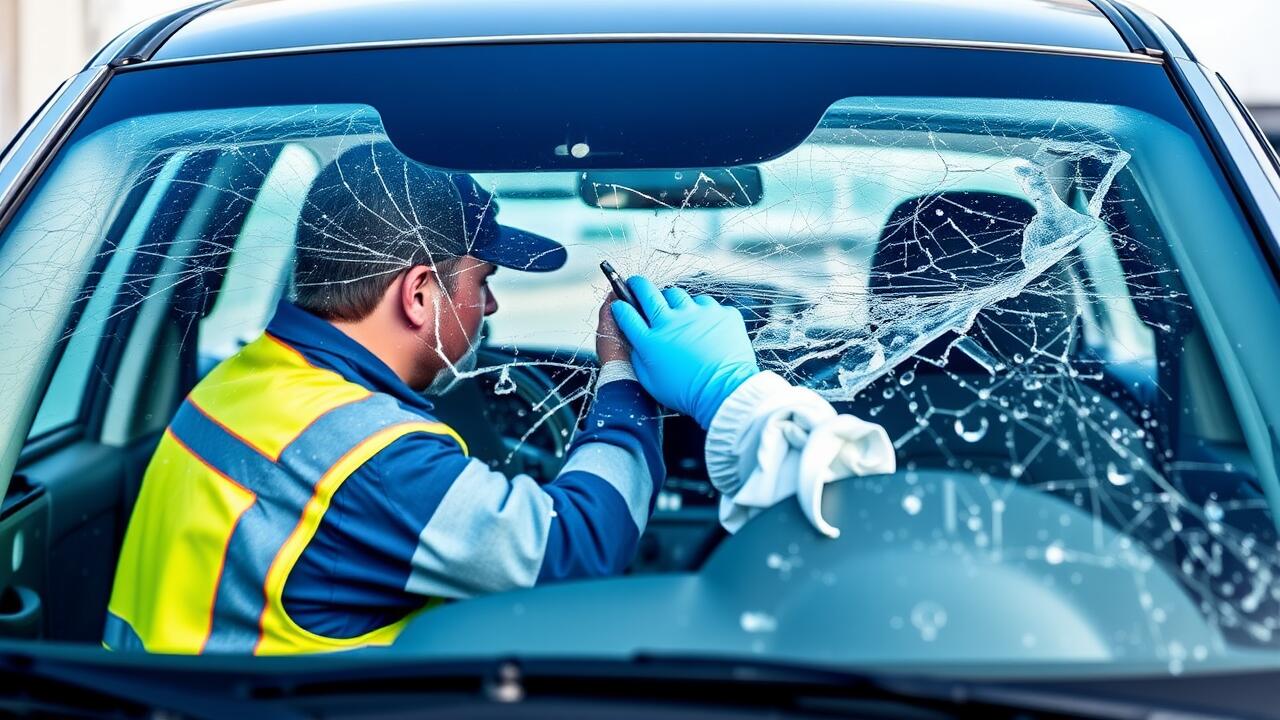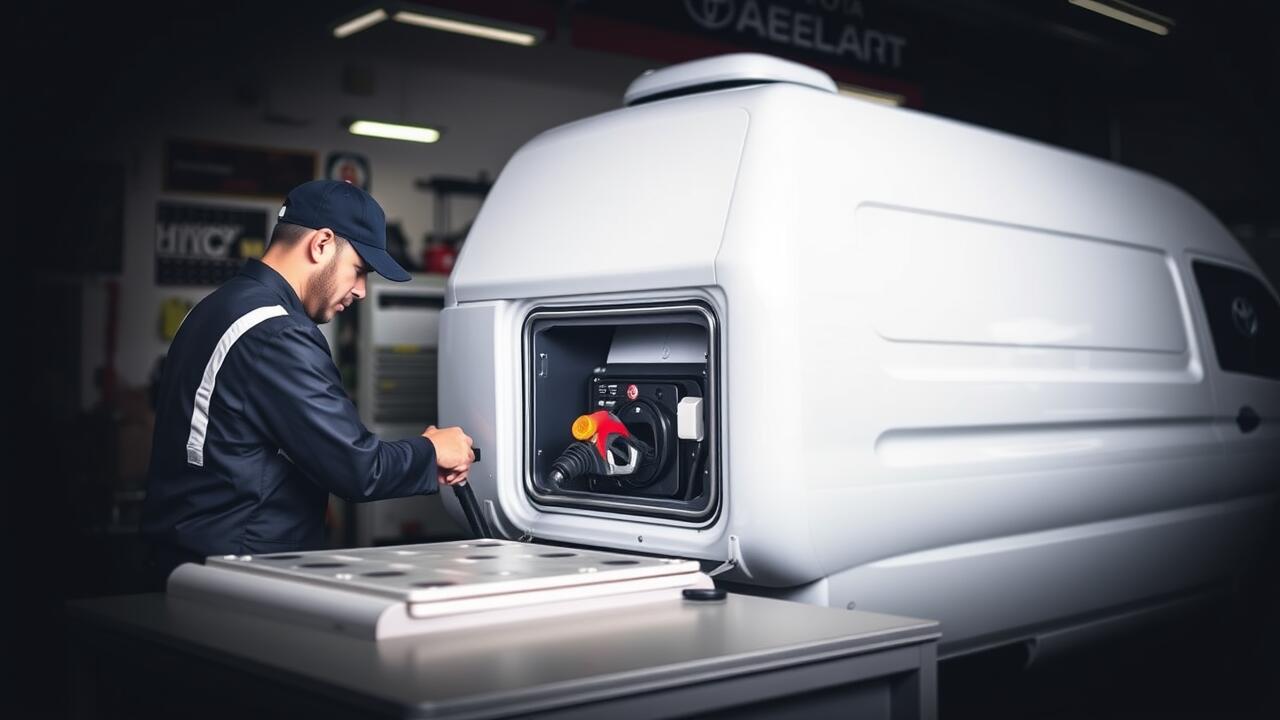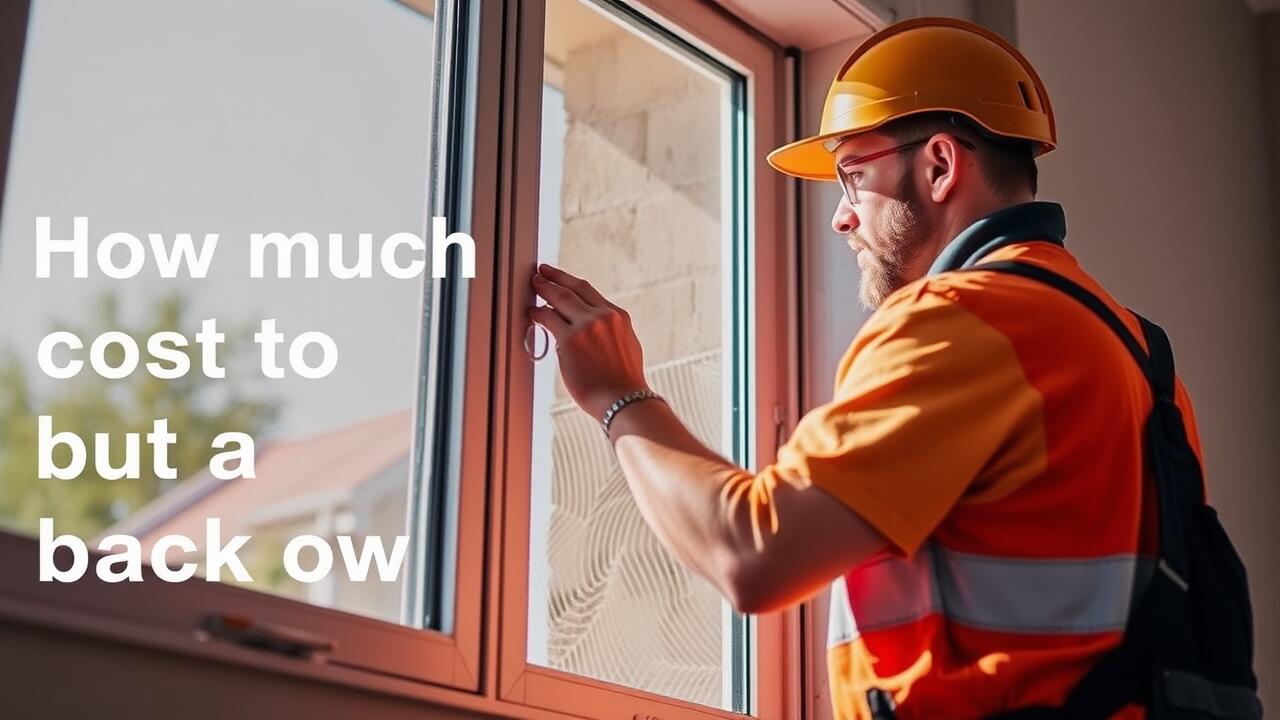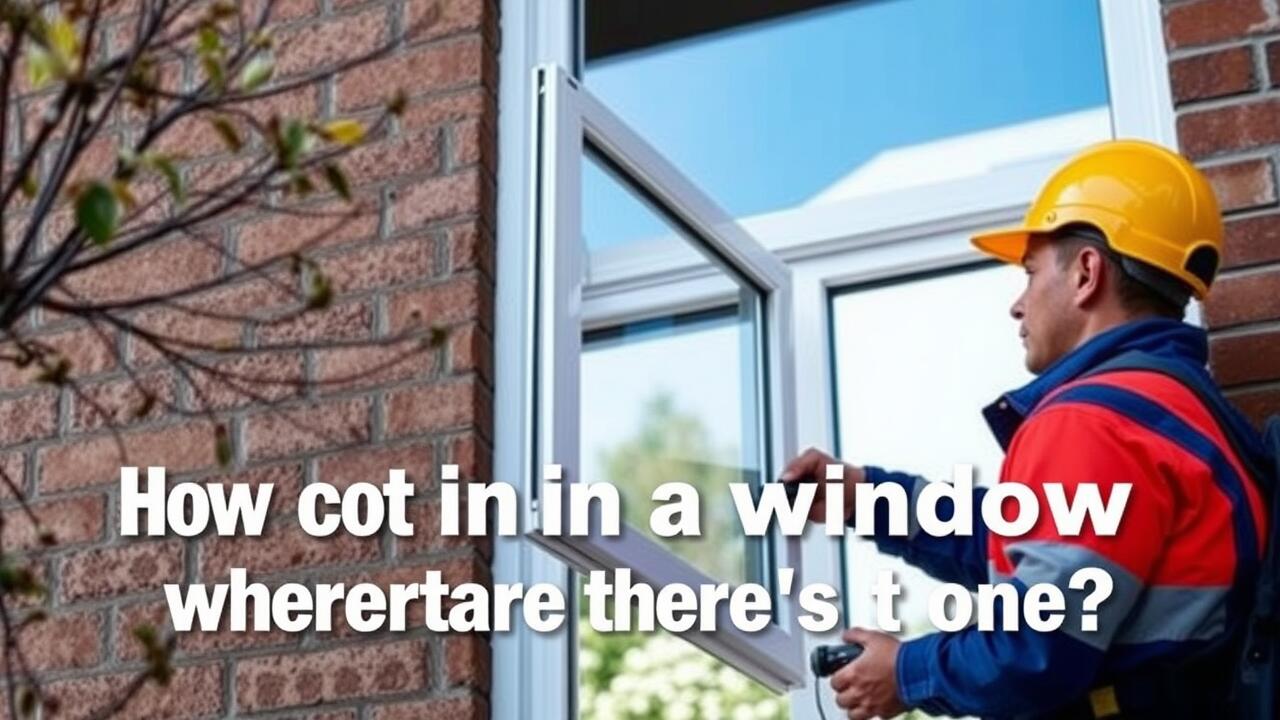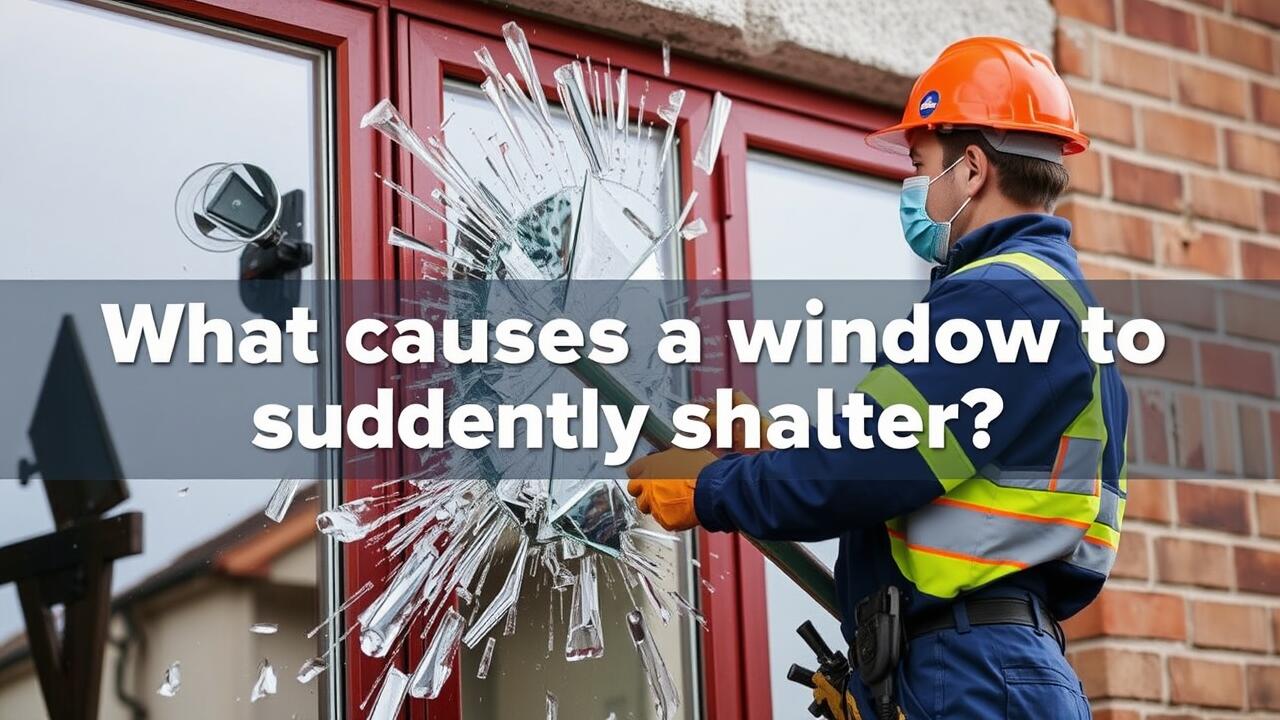
Table Of Contents
Natural Disasters and Extreme Conditions
Natural disasters can exert tremendous pressure on structures, leading to unexpected consequences such as shattered windows. High winds during cyclones or tornadoes can create severe debris impacts, resulting in significant damage. Heavy rainfall and flooding may also cause structural stress, particularly in older buildings. In these situations, a compromised window can shatter without warning, leaving homeowners in need of immediate attention such as Rear Window Repair.
Extreme temperature fluctuations play a critical role in the integrity of glass. Rapid heating or cooling can cause glass to expand or contract unevenly, leading to thermal stress fractures. Events like bushfires can generate intense heat that affects the surrounding materials, including windows. Under such duress, glass is susceptible to sudden breaks that catch owners off guard. It’s essential to recognise these risks and be prepared for potential repairs.
Windows Under Duress from Nature
Extreme weather events can put significant stress on windows, leading to sudden shattering. During strong storms, high winds can create pressure differences that cause glass to flex beyond its limits. Additionally, hail or flying debris can strike windows at high speeds, resulting in cracks or complete breakage. Property owners need to be vigilant about the condition of their windows before severe weather approaches to mitigate risks.
Natural disasters such as earthquakes can also pose a serious threat. The tremors may cause vibrations that affect the integrity of the glass structure, causing windows to shatter unexpectedly. Following such events, seeking services like Rear Window Repair becomes essential to restore safety and functionality to buildings. Ensuring that windows are adequately maintained and inspected can help reduce the likelihood of sudden failures during these duress-driven circumstances.
Age-Related Deterioration
Windows, like all materials, have a finite lifespan often dictated by their construction and environmental exposure. Over time, factors such as temperature fluctuations, humidity, and UV radiation can weaken the glass. The seals surrounding double-glazed windows may degrade, leading to condensation and loss of insulating properties. These changes can create stress points within the glass, making it more susceptible to sudden failure.
Regular inspections can identify signs of wear and tear before they lead to catastrophic breakage. Property owners should consider the implications of age-related deterioration when maintaining their windows. In cases where damage occurs, services like Rear Window Repair can address specific issues, ensuring safety and prolonging the life of the remaining glass features in the home.
Understanding the Lifespan of Windows
The lifespan of windows can vary significantly based on materials, installation quality, and environmental conditions. Timber frames may deteriorate over time due to moisture, while aluminium and uPVC options often have longer lifespans. Regardless of the material, regular maintenance is critical to ensuring longevity. Neglecting small issues, like cracks or seals, can lead to larger problems down the line, potentially resulting in more significant damage that requires professional intervention, such as Rear Window Repair.
Age-related deterioration also affects the glass itself. Over the years, exposure to ultraviolet light can weaken the glass structure, leading to an increased risk of shattering. Additionally, changes in temperature can cause expansion and contraction, which may eventually compromise the integrity of the window. Understanding these factors is essential for homeowners who want to prevent costly repairs and maintain a safe living environment.
Chemical Reactions in Glass
Chemical reactions within glass can lead to gradual degradation, often manifesting as cracks or spontaneous shattering. Environmental factors such as exposure to moisture can initiate reactions that weaken the glass structure over time. This process, compounded by temperature fluctuations, creates internal stress points that may eventually result in failure. The integrity of glass is not always immediately apparent, and such reactions may go unnoticed until it is too late.
In certain cases, homeowners might find themselves in need of professional assistance, particularly with repairs like Rear Window Repair. Understanding how chemical interactions affect glass can influence maintenance practices. Regular inspection and awareness of signs of wear can help prevent sudden breakage from occurring. Proper care and timely repairs are essential to preserving the lifespan of all types of glass installations.
The Impact of Environmental Factors
Environmental factors can significantly influence the integrity of glass windows. High humidity levels and temperature fluctuations can lead to condensation and thermal stress. Over time, this stress may weaken the structure of the glass. When extreme weather events like hailstorms or heavy winds occur, the pressure exerted on windows can cause their sudden shattering.
Chemical reactions in the environment also play a vital role in the deterioration of window materials. Pollutants or reactive chemicals can interact with the glass surface, leading to corrosion and brittleness. Regular maintenance and check-ups are essential to avoid unexpected issues. In cases of damage, professional services like Rear Window Repair can help restore the window to its original condition, ensuring safety and aesthetic appeal.
FAQS
What are some common natural disasters that can cause windows to shatter?
Natural disasters such as earthquakes, severe storms, and high winds can create extreme conditions that lead to windows shattering due to pressure changes or flying debris.
How does age affect the likelihood of a window shattering?
As windows age, they may develop stress cracks, become brittle, or lose their structural integrity, making them more susceptible to shattering under pressure or impact.
Can chemical reactions in the environment lead to window breakage?
Yes, environmental factors such as exposure to certain chemicals or extreme temperature fluctuations can cause chemical reactions in the glass, weakening it and potentially leading to shattering.
What should I do if my window shatters suddenly?
If a window shatters suddenly, ensure your safety first by avoiding sharp glass, then assess the situation. If necessary, contact a professional glazier for repairs and consider reviewing your property’s safety measures.
Are there preventative measures to stop windows from shattering?
To minimise the risk of windows shattering, consider installing tempered glass, conducting regular inspections for signs of wear, and ensuring proper installation to withstand environmental pressures.


